In a promising development for Nigeria’s economic and diplomatic landscape, President Bola Ahmed Tinubu and Saudi Crown Prince Mohammed bin Salman have agreed to explore extensive collaborations aimed at bolstering Nigeria’s economy through strategic investments in energy, agriculture, and infrastructure. This commitment, made during a meeting on the sidelines of the Joint Arab-Islamic Summit in Riyadh, Saudi Arabia, is expected to deepen bilateral ties and stimulate growth in critical sectors for both nations.
Building Economic Bridges: Energy, Agriculture, and Infrastructure
The Nigerian and Saudi leaders discussed the potential for expansive partnerships that will drive both countries’ economic prosperity. Recognizing shared goals, Tinubu and Prince Mohammed proposed establishing a Nigeria-Saudi Business Council, intended to foster more seamless collaboration across industries. Both Nigeria and Saudi Arabia are major oil producers, making the energy sector a natural starting point for cooperative ventures. As both nations seek to diversify their economies, the partnership presents opportunities to leverage each country’s unique resources, potentially leading to the creation of innovative energy solutions and increased oil production capabilities.
A particular highlight of the talks was the emphasis on agriculture. Saudi Arabia’s agricultural firm, the Saudi Agricultural and Livestock Investment Company (SALIC), has already made significant strides in Nigeria. In 2022, SALIC acquired a 35.43% stake in Nigerian agricultural giant Olam, investing $1.24 billion. This partnership aims to make Olam one of the world’s largest agro-allied enterprises, and future investments are under consideration to enhance Nigeria’s agricultural productivity and global market presence. Through SALIC, Saudi Arabia’s involvement in Nigerian agriculture is expected to introduce advanced farming techniques, improve food security, and expand Nigeria’s agricultural exports, thereby benefiting both economies.
Infrastructure is another cornerstone of the partnership, with both nations identifying it as key to sustainable growth. Nigeria, in particular, stands to gain from Saudi Arabia’s expertise in infrastructure development, given Saudi Arabia’s experience with large-scale urban and industrial projects. Investments in Nigeria’s road networks, airports, and urban infrastructure could attract more foreign investment and enhance economic activity in underdeveloped areas.
Ongoing Support for Nigeria’s Economic Reforms
Crown Prince Mohammed pledged Saudi Arabia’s support for Nigeria’s recent economic reforms, expressing confidence in Nigeria’s strategic efforts to stabilize its economy. Noting similarities with his own reform agenda, which has helped transform Saudi Arabia’s economic landscape, Prince Mohammed conveyed his support for Tinubu’s reforms, which are intended to create a more resilient and diversified Nigerian economy. Tinubu’s reforms have been aimed at reducing Nigeria’s dependency on oil revenue and fostering a more diversified economy, much like Saudi Arabia’s Vision 2030.
Prince Mohammed promised to align Saudi Arabia’s expertise and resources with Nigeria’s developmental goals, committing to mobilize his team to support the joint initiatives discussed. This commitment from Saudi Arabia, an economic powerhouse in the Middle East, marks a significant vote of confidence in Nigeria’s reform agenda, lending credibility to Tinubu’s administration as it undertakes ambitious economic restructuring.
Cooperation Beyond Economics: Promoting Peace and Stability
The Joint Arab-Islamic Summit in Riyadh also provided a platform for Nigeria and other member states to address pressing regional and international concerns. One of the summit’s major resolutions was the formation of a ministerial committee tasked with engaging global leaders to find solutions for the ongoing conflict in Gaza and Lebanon. Nigeria, as part of this committee, will collaborate with Saudi Arabia, Egypt, Qatar, Turkey, Indonesia, Palestine, and Jordan. This alliance, under Saudi Arabia’s leadership, reflects a unified commitment to promoting peace and stability in the region.
President Tinubu’s presence at the summit and Nigeria’s role in the ministerial committee signify Nigeria’s active engagement in global peace efforts, particularly in regions facing severe humanitarian crises. The mandate of the committee includes efforts to de-escalate conflicts, protect civilians, and support diplomatic efforts to end hostilities. The summit’s final resolution called on the committee to prioritize Lebanon’s sovereignty and to work towards ending the aggression that has severely impacted Gaza, with the broader objective of achieving sustainable peace in the Middle East.
Reaffirming Solidarity with Palestine
At the summit, leaders from the Organisation of Islamic Cooperation (OIC) and the League of Arab States issued a joint resolution reaffirming their support for Palestine. The resolution condemned recent escalations of violence in Gaza, describing Israeli military actions in northern Gaza as “crimes of genocide.” Leaders at the summit expressed grave concern over what they termed as “ethnic cleansing” and other human rights abuses, emphasizing the need to protect Palestinian civilians and secure a just and lasting peace.
The resolution also underscored the summit’s commitment to Jerusalem, asserting it as the “eternal capital” of Palestine and condemning any attempts by Israel to alter the city’s identity. The leaders reiterated their call for the unification of the West Bank, Gaza Strip, and East Jerusalem under a sovereign Palestinian state, advocating for the Palestinian people’s right to self-determination. The signing of a tripartite mechanism between the League of Arab States, the OIC, and the African Union further solidifies African countries’ support for Palestine, reflecting a unified stance on the matter from the Global South.
Strengthening the Global South’s Role in Peace Efforts
The summit’s final resolutions extend beyond immediate conflicts, as they emphasize the importance of Global South alliances in fostering stability. The committee’s mandate includes engaging actors across the Global South, an approach that seeks to amplify the voices of developing nations in international peace efforts. Through coordinated action, member states of the OIC and the League of Arab States hope to create a broader coalition for peace that transcends regional divides, recognizing that the impacts of conflict ripple outwards and affect countries around the world.
The summit’s final resolution also highlighted the need to protect international sea lanes, essential for global trade and economic stability, in accordance with international law. This measure is crucial for maintaining safe and open maritime channels, which have strategic significance for both Nigeria and Saudi Arabia as oil-exporting nations. The summit underscored that securing sea lanes is necessary not only for economic stability but also for global security.
Conclusion: A New Era of Nigeria-Saudi Relations and Regional Diplomacy
The outcomes of the Joint Arab-Islamic Summit signify a pivotal moment for Nigeria-Saudi relations, with President Tinubu’s discussions with Crown Prince Mohammed bin Salman poised to bring substantial benefits to Nigeria’s economy. By focusing on energy, agriculture, and infrastructure, both leaders are taking concrete steps to strengthen ties and generate long-term economic growth for their nations.
The summit also reinforced Nigeria’s commitment to international peace efforts, as demonstrated by its role on the ministerial committee. This collaboration with Saudi Arabia and other regional leaders signals Nigeria’s growing influence on the international stage, as it joins efforts to address complex issues in the Middle East and beyond.
With Saudi Arabia’s pledge to support Nigeria’s economic reforms, this strategic partnership lays the foundation for a new era of cooperation that could enhance economic prosperity and promote peace, not only for Nigeria and Saudi Arabia but for regions far beyond their borders.


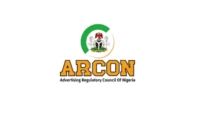
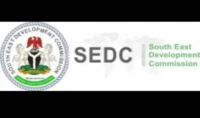
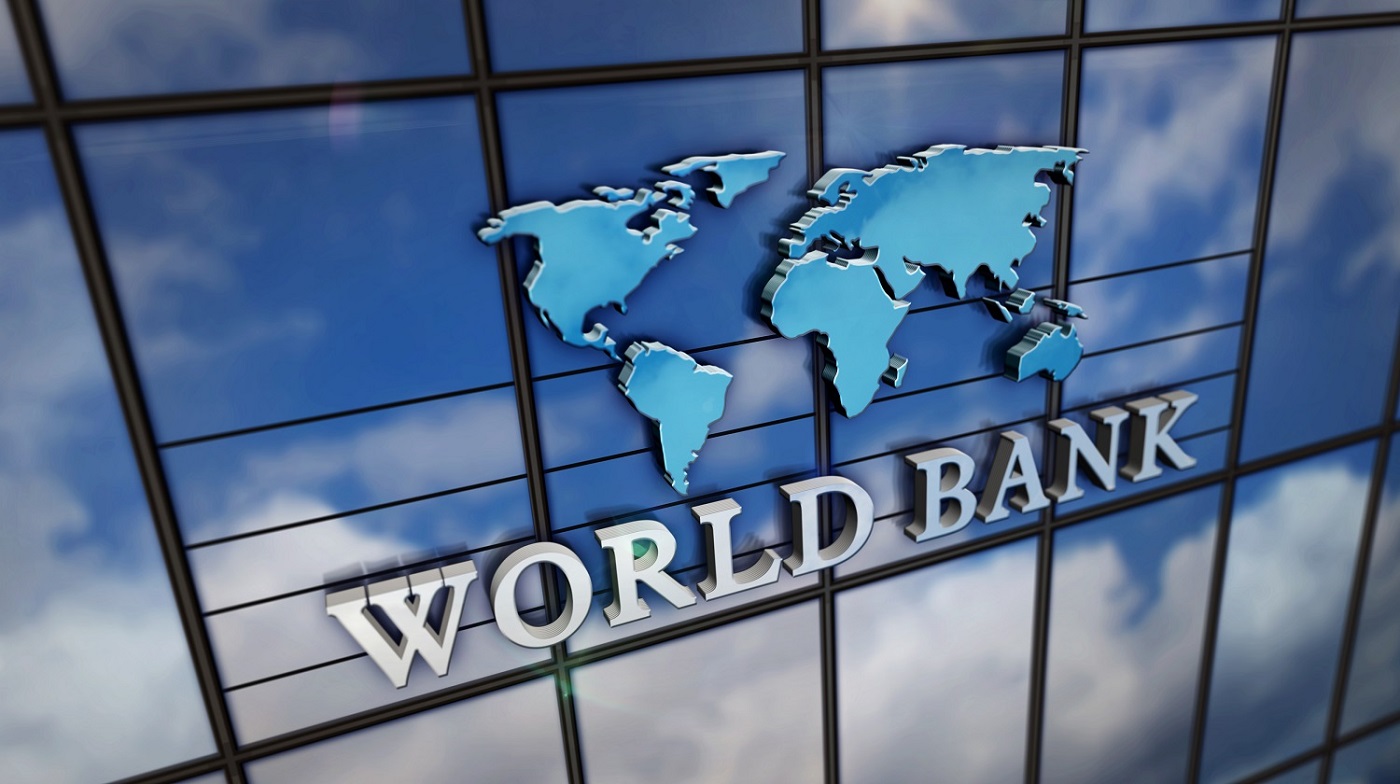




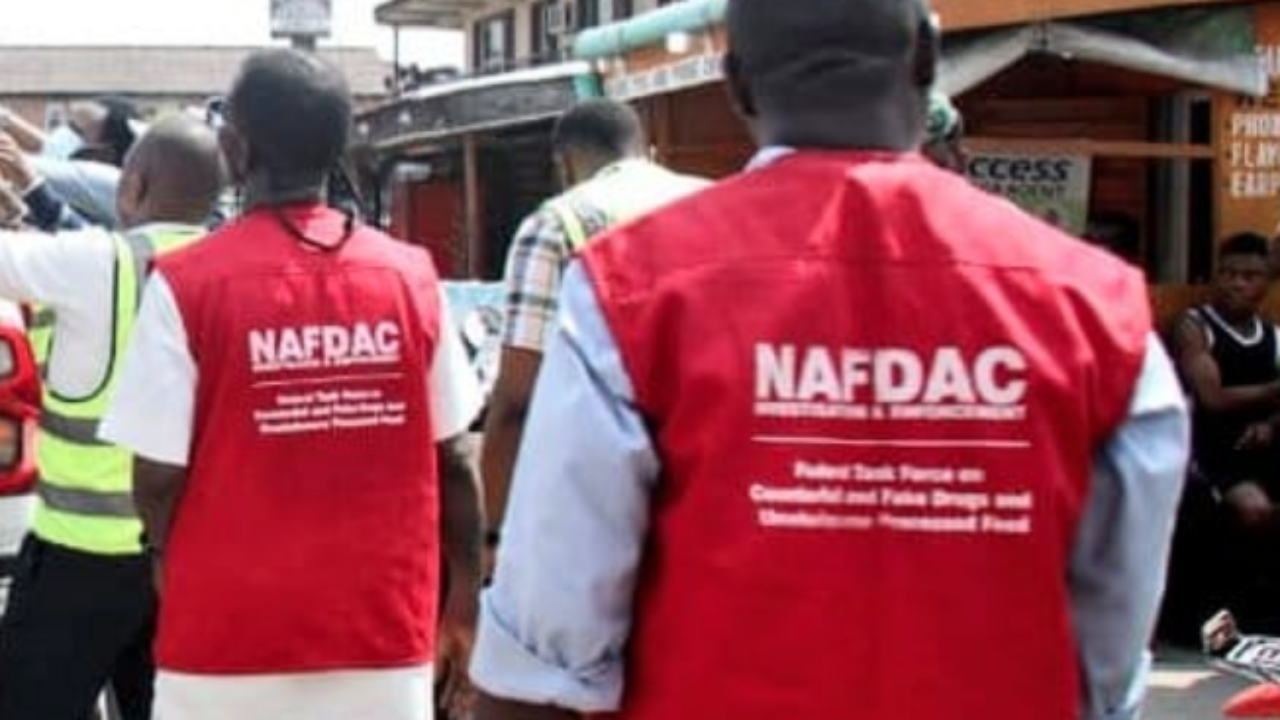

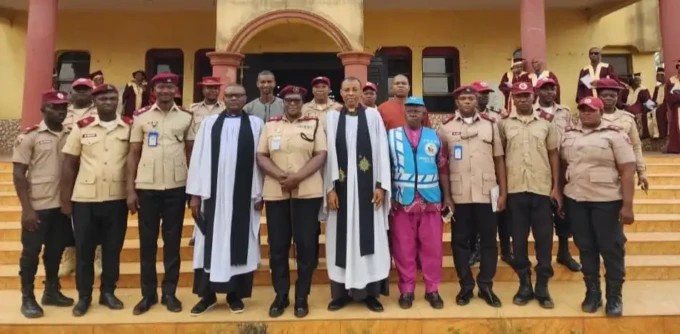
I dont get why Nigeria is cozying up to Saudi Arabia. Are they really that desperate for economic partnerships? #controversial
I dont get why theyre cozying up when they have such different views on human rights. Suspicious much?
I think Nigeria should focus on building partnerships with other countries instead of relying too much on Saudi Arabia. Variety is key!
Saudi Arabia offers stability and resources. Diversifying partnerships is smart, but dont dismiss a valuable ally.
I dont trust Saudi Arabias intentions in this partnership. They have a history of human rights abuses. Nigeria should proceed with caution.
Saudi Arabias reputation precedes them. Nigeria must prioritize their own interests in this partnership.
Im not buying this whole shared vision for peace narrative. It feels more like a strategic move for economic gain.
Why are we supporting countries with poor human rights records like Saudi Arabia? Shouldnt we prioritize ethical partnerships instead?
I dont get why Nigeria would want to partner with Saudi Arabia. Their human rights records are questionable. #confused 🤔
I dont trust Saudi Arabias intentions. Nigeria should be cautious about getting too cozy with a country known for human rights abuses.
I think Nigeria should focus on their own economy instead of relying on Saudi Arabia. Lets prioritize local development first!
Why limit opportunities? Global partnerships can benefit both economies. Diversity is key for growth.
I think its great theyre strengthening ties, but what about human rights issues in Saudi Arabia? Shouldnt that be addressed too?
I dont get why theyre buddying up now. What about all the human rights abuses in Saudi Arabia? Seems shady.
I think its great Nigeria and Saudi Arabia are working together, but shouldnt they focus more on human rights issues too?
Why are we cozying up to Saudi Arabia when we could be focusing on partnerships with more progressive and ethical countries?
I think its great that Nigeria and Saudi Arabia are collaborating, but what about addressing human rights issues in Saudi Arabia?
I think its great that theyre strengthening ties, but what about human rights issues in Saudi Arabia? Shouldnt that be addressed too?
Focus on the positive. Progress takes time. Lets celebrate small steps forward.
I dont understand why theyre cozying up to Saudi Arabia. Their human rights record is atrocious! Do they care about ethics at all?
Do we really need stronger ties with Saudi Arabia? Lets focus on our own issues first. #ControversialOpinion #NigeriaSaudiArabiaRelations
Our economy benefits from Saudi ties. We can address both domestic and foreign issues. #GlobalRelationsMatter
I dont trust Saudi Arabias intentions in this partnership. They have a history of human rights abuses. Nigeria should proceed with caution.
I dont get why Nigeria is cozying up to Saudi Arabia. Shouldnt they focus on their own issues first?
Maybe Nigeria is looking for allies to help tackle their issues. Its called diplomacy.
I dont get why theyre cozying up when Saudi Arabia has a terrible human rights record. Seems like a shady deal.
I dont get why Nigeria is cozying up to Saudi Arabia. Are we forgetting their human rights record? Priorities, people!
Wow, I cant believe theyre teaming up! But is this really about peace or just a power move? 🤔
I dont get why theyre teaming up. Nigeria and Saudi Arabia seem like an odd couple. Whats next, penguins forming alliances with kangaroos?
I think its great that Nigeria and Saudi Arabia are teaming up, but what about the environmental impact of increased agricultural investments?
I think its great that Nigeria and Saudi Arabia are collaborating, but I wonder how this partnership will impact human rights issues in both countries.
I think its great that Nigeria and Saudi Arabia are teaming up, but shouldnt they focus on human rights issues too?
I think Nigeria should focus on building partnerships with other countries instead of just relying on Saudi Arabia. Diversity is key!
Saudi Arabia is a valuable partner, but Nigeria should definitely diversify its alliances for long-term stability.
I dont get why Nigeria is cozying up to Saudi Arabia. Are they really the best partners for peace and economic growth? Seems fishy to me.
I dont get why Nigeria is cozying up to Saudi Arabia. Are we forgetting their human rights violations? Prioritize ethics over partnerships!
I dont trust these alliances. Its all about power and control. Are we really prioritizing peace or just our own interests?
I think Nigeria should focus on their own economy first before strengthening ties with Saudi Arabia. Priority matters, right?
I dont understand why Nigeria is cozying up to Saudi Arabia. Are they really partners in peace or just after economic gain?
I dont trust Saudi Arabias intentions. They might have ulterior motives in their partnership with Nigeria. Stay woke, people!
Im not buying it! Nigeria should focus on its own development instead of cozying up to Saudi Arabia. Priorities, people!
Im not convinced about this newfound friendship. What about human rights issues in Saudi Arabia? Should that be overlooked for economic gains?
Im not convinced Nigeria and Saudi Arabia will benefit equally from this partnership. Seems like Saudi has the upper hand. Agree?
Im not convinced – can economic partnerships truly lead to lasting peace? Lets discuss.
Interesting read, but do you think Nigeria should prioritize economic partnerships with Saudi Arabia over other countries? 🤔
Im not convinced – how can Nigeria and Saudi Arabia truly have a shared vision for peace with their track records?
Why are we not seeing more coverage of this partnership? Its a significant development with potential global implications. Lets discuss!
Why are we focusing on economic partnerships with Saudi Arabia instead of investing in our own agricultural sector first? Priorities, people!
Im not convinced Nigeria should be cozying up to Saudi Arabia. Their human rights records are questionable. Shouldnt ethics matter?
Why prioritize economic partnerships with Saudi Arabia when Nigeria has pressing domestic issues to address first? #PrioritiesFirst
Im not convinced Nigeria should align too closely with Saudi Arabia. We should prioritize our own interests first.
Im not convinced about Nigeria and Saudi Arabias partnership. Are they really on the same page for peace? Seems fishy.
Im not convinced Nigeria should be cozying up to Saudi Arabia. What about human rights concerns and their involvement in conflicts?